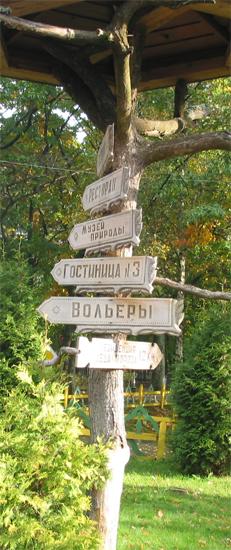Tourism education and career competitiveness — why it matters.
Education in the Tourism Sector and Competitiveness

Education in the field of tourism in our country is expanding and gaining momentum year by year. Each year the country trains 20–25 thousand specialists in the direction "Tourism Management". However, only about one third of them continue to work in their specialty.
Any well-developed educational website will offer prospective students a wide range of institutions in the country where they can obtain education in tourism. And that is only part of it. In addition to universities, tourism education can be obtained through specialized courses. But with the adoption of the updated standard "Social and Cultural Services and Tourism", far fewer universities now offer tourism education.
This standard was developed by practitioners and theorists in the field of "tourism management". The draft took into account international experience, which also plays an important role in Russia's accession to the WTO. Harmonization with Western education will mean that tourism education in the "tourism management" direction can be obtained not only at Russian but also at foreign educational institutions. Therefore, painstaking work is currently underway to optimize educational programs and minimize the cost of tourism business education at institutions offering tourism training. This will help attract more students and enable institutions to compete on an equal footing with new participants in the country's education market.
When drafting the latest educational standard, the question of where practical training will take place became relevant. Letting this issue take its own course is impossible in conditions of increasing competition. An educational website cannot resolve this issue to the extent required. For students from villages and rural areas, arranging practical training on their own is almost impossible. Most often students complete preparatory practical training at enterprises.
To address this issue, it was proposed to establish special travel agencies where students studying "tourism management" would undertake practical training throughout the calendar year. Although there are currently few such travel agencies. The developers of the training program still debate how to improve tourism education in Russian institutions. Some believe that students of tourism faculties should do their practical training in a single travel agency for the entire period of study. Others, on the contrary, are convinced that the more varied the practical experience, the better a tourism management student will learn. In addition, for promising employees it is much more effective to gain practical experience while steadily advancing in their careers.
But all developers agree that practical classes for students should take place under the supervision of the department; this will protect students from unpleasant situations.